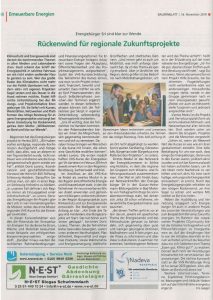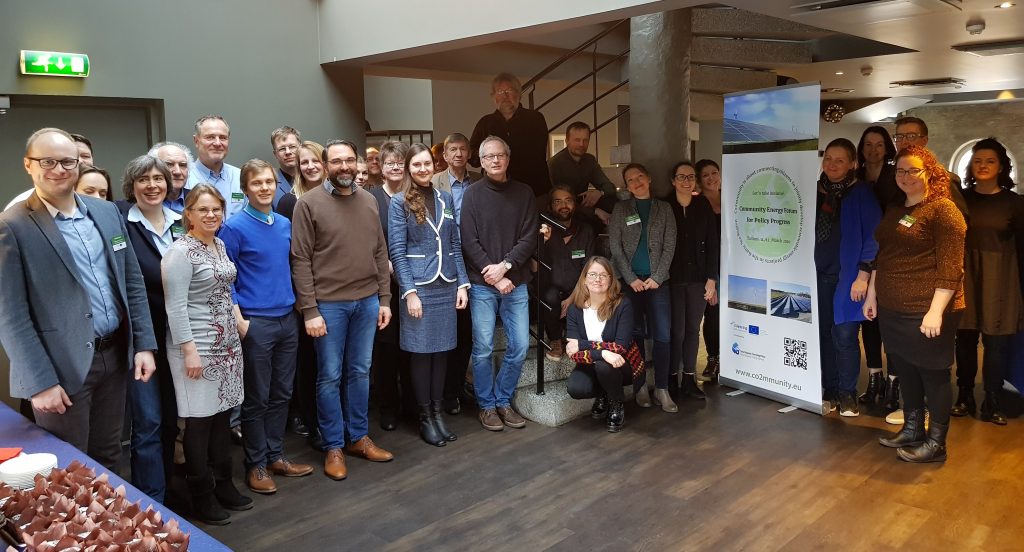
Two weeks ago, a Community Energy Forum for Policy Progress was held in Tallinn, Estonia. In the end, a Joint Declaration of Intent was signed. You can read the text in the following or see the pdf-document here.
Community Energy Forum for Policy Progress
Forum Declaration Tallinn, March 11/12, 2020
At the Community Energy Forum, the Co2mmunity project partners, representatives of ministries, energy institutes and agencies, municipalities and regions as well as universities were from all over the Baltic Sea Region of the European Union were gathered in presence of the president of REScoop.eu to exchange, discuss and debate about community energy, renewable energy sources and investment projects. This declaration has been signed by the attendants.
Let’s take initiative!
The Community Energy Forum has been dedicated to Renewable Energy Communities (now formally recognised in the EU Clean Energy Package) in the Baltic Sea Region and its future development. The discussion was about the state of community energy in the Baltic Sea countries as well as what national, regional and local/municipal authorities can and will have to do to encourage and support Community Energy initiatives through a change in policy-making.
We want to promote Community Energy (CE):
- The recent Green Deal of the European Union includes:
- the claim for clean, affordable and secure energy setting out the requirements that future energy systems must meet. These requirements can be fulfilled by enabling and facilitating energy communities to take an assured position in societies and to operate actively in the energy market. Therefore, the new EU legislation on CEs should effectively be transposed and then properly and intensively implemented in each EU Member State.
- the direct and central focus on building renovation and energy efficiency. CE directly supports relevant activities – engage citizens to lower consumption, deploy more efficient infrastructure, collective decision making, supporting communities at large to initiate buildings renovation projects and focus on fighting energy poverty.
- The Green Deal does not include:
- concrete detailed measures on how to support the democratisation of the energy system, assure and encourage communities as well as local municipalities participating in energy production. There is the need to include more thorough description about the role and expectations of CE in this, as CE is the prime opportunity for communities to take up ownership of a fair share of the decentralised and renewable energy production. of the near future.
- The Clean Energy Package (CEP) clearly acknowledges the big potential of Community Energy since it will secure social acceptance of the energy transition. It states that in every member state (MS) the barriers to community energy should be mapped and consequently removed with determined political action at all levels. Creating a stable policy framework and eliminating regulatory barriers is the key to seize the potential of CE.
We invite all European institutions, national, regional and local legislative bodies as well as local authorities and all European citizens to take initiative on Community Energy.
The potential of Community Energy is at hand, we need the right support from all to bring the changes by action.
12/03/2020
#MadeWithInterreg

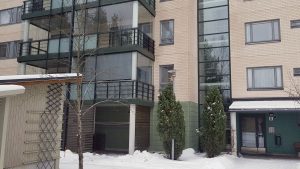


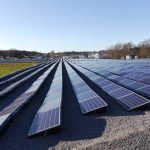
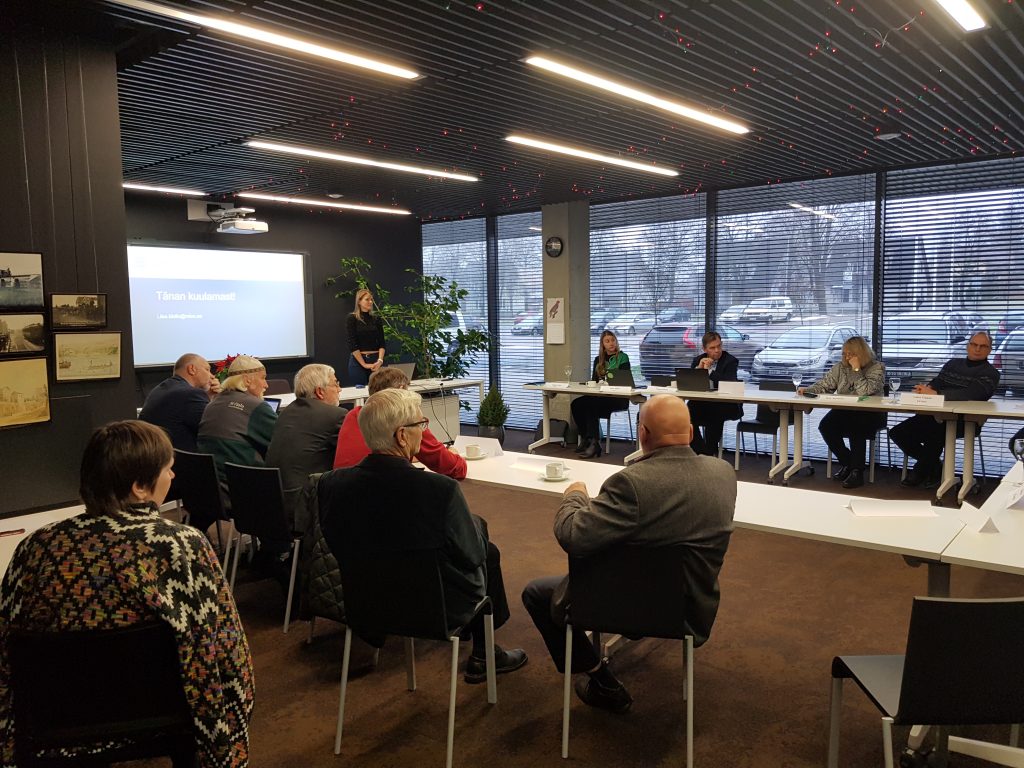
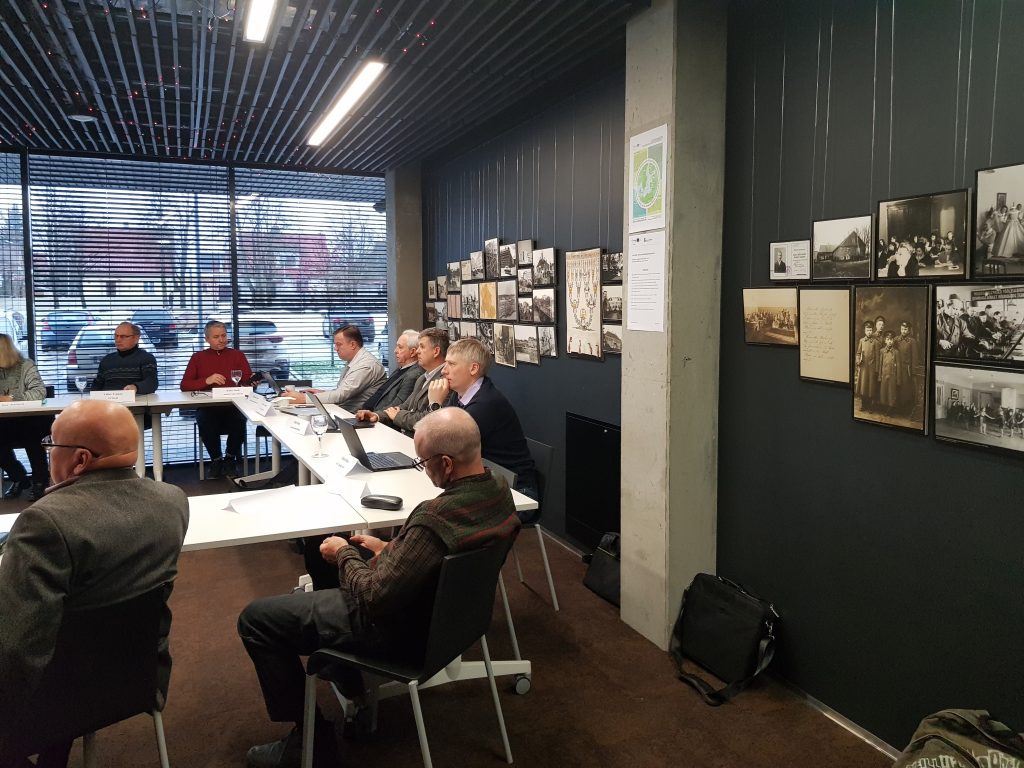
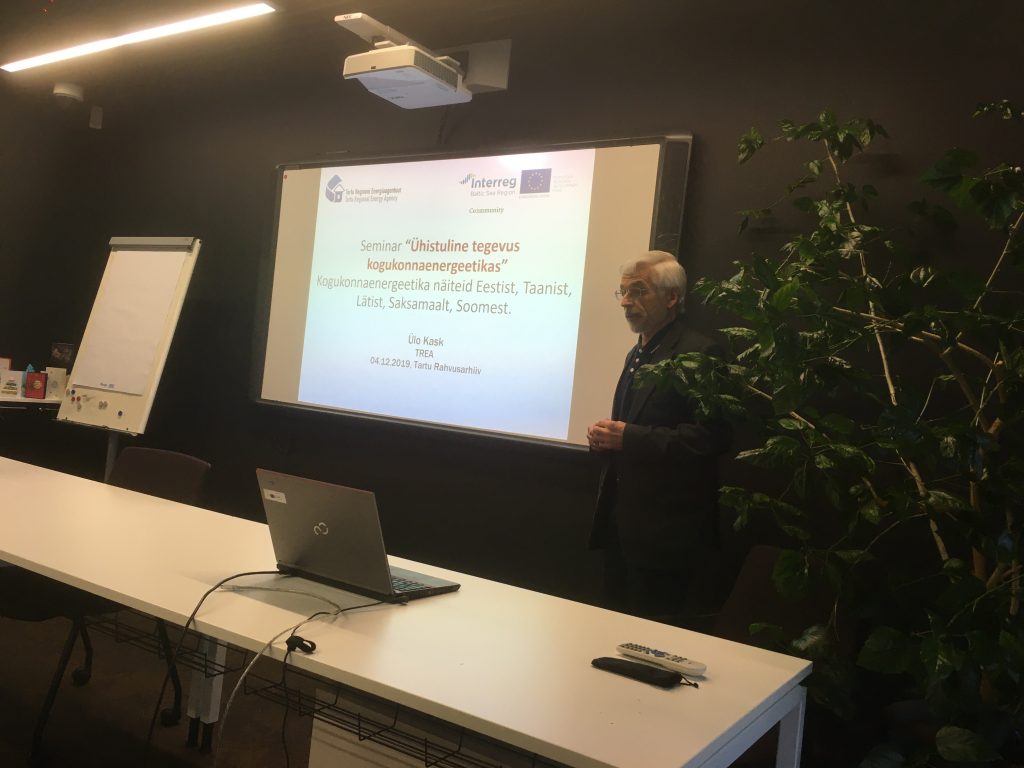
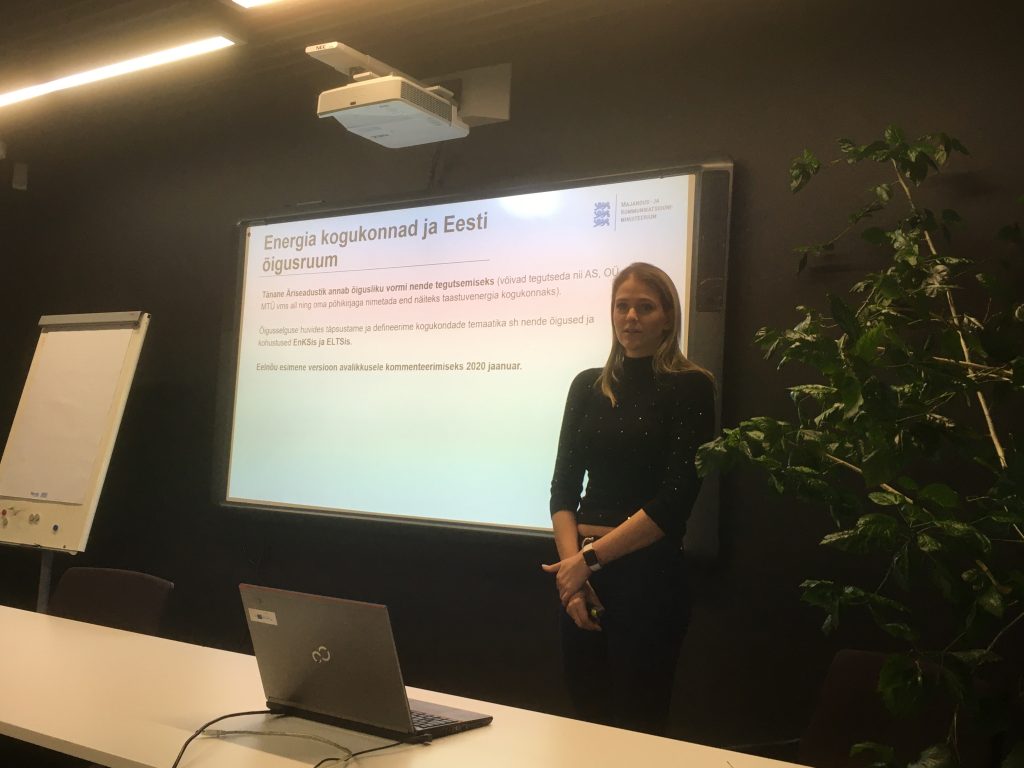
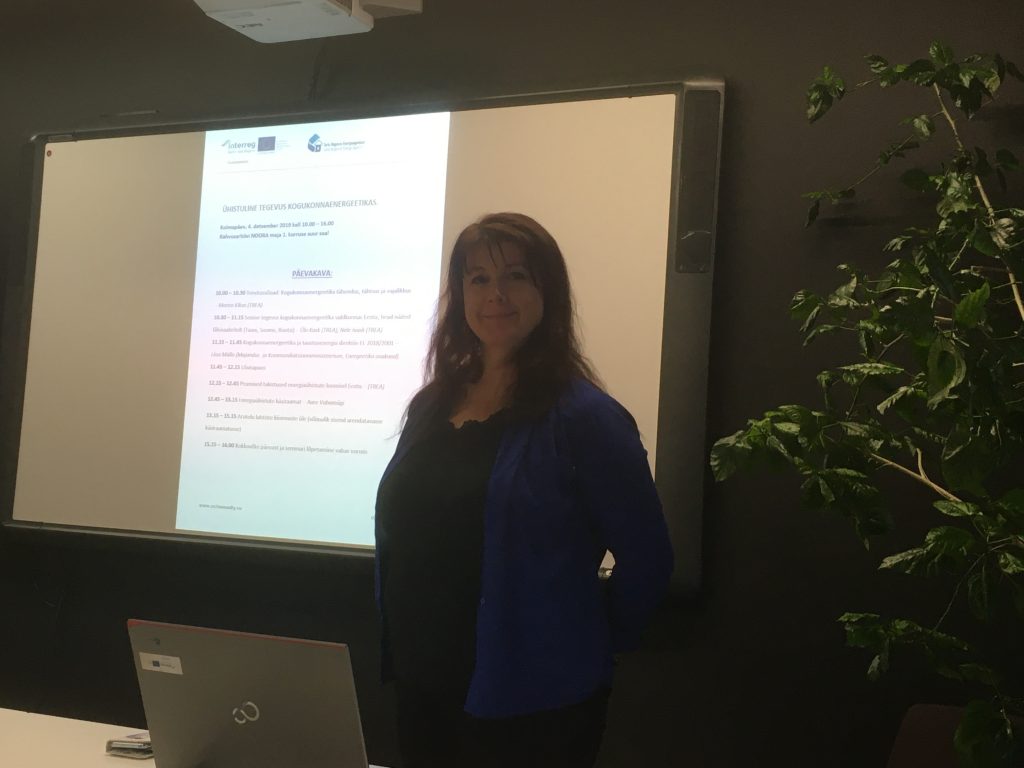
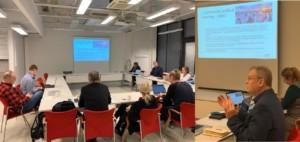 The represented parties at the meeting were GNF, City of Helsinki, Helsinki-Uusimaa Regional Council, University of Helsinki, Finnish Environmental Centre SYKE, Grapes Service | ESaas Oy, Nuuka Solutions Oy, and Utuapu Oy.
The represented parties at the meeting were GNF, City of Helsinki, Helsinki-Uusimaa Regional Council, University of Helsinki, Finnish Environmental Centre SYKE, Grapes Service | ESaas Oy, Nuuka Solutions Oy, and Utuapu Oy.